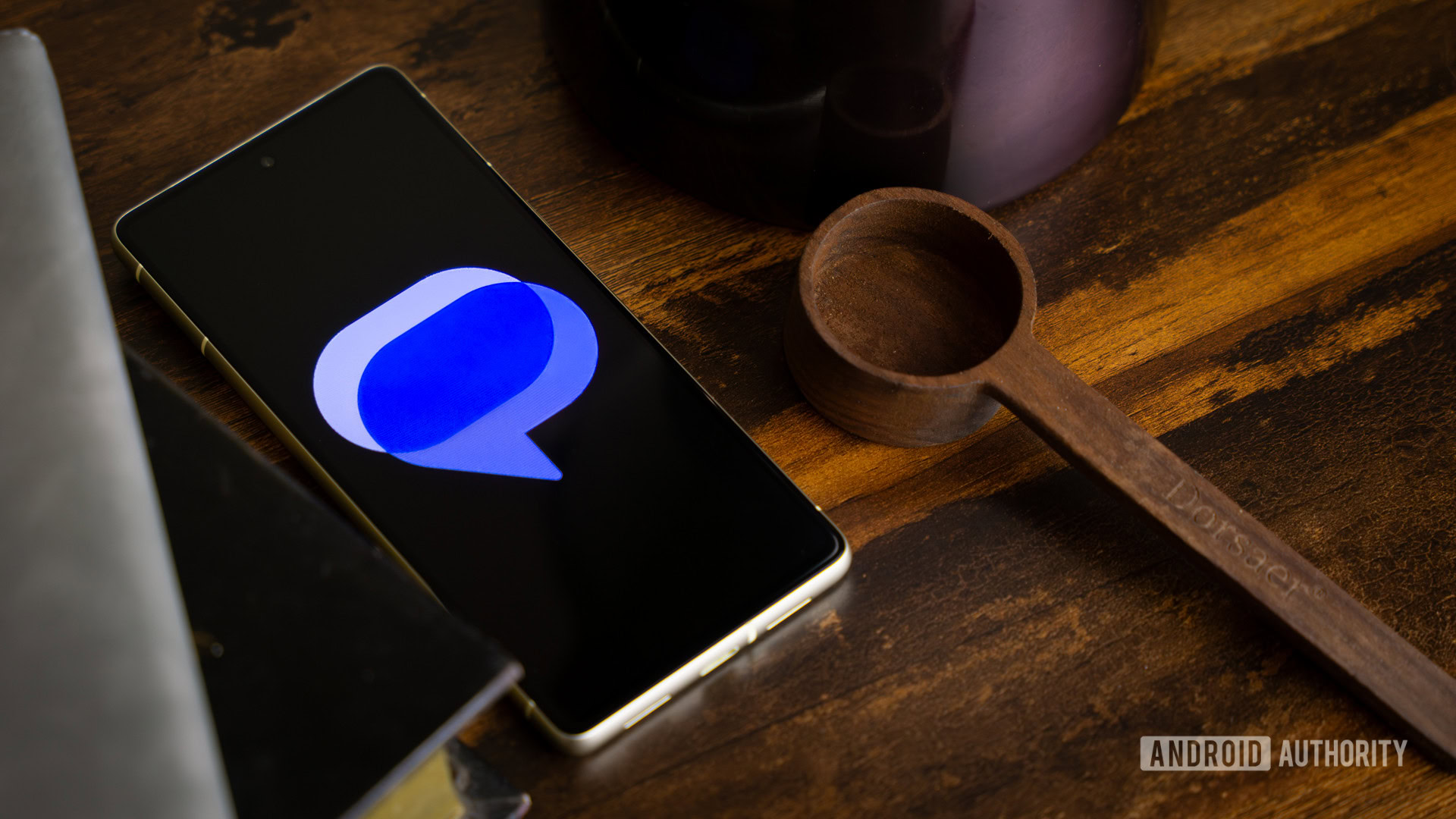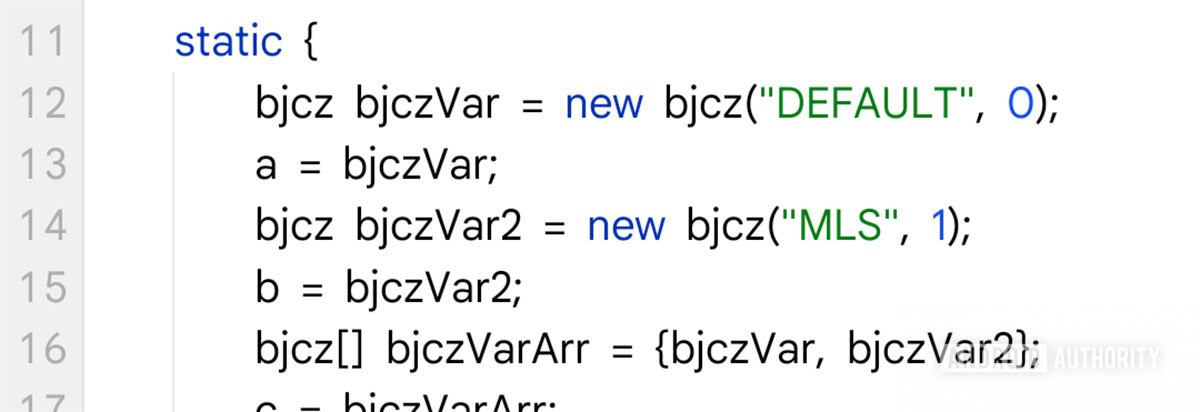Affiliate links on Android Authority may earn us a commission. Learn more.
Google takes first major step for E2EE interoperability across all messaging apps (APK teardown)
Published onJuly 4, 2024

- Google’s Messages app now includes code referencing Messaging Layer Security (MLS).
- These MLS flags are an early sign of support for the encrypted group messaging solution.
- Google’s work could encourage the adoption of MLS, much as it did with RCS.
Getting everyone’s favorite messaging services to play nicely with each other is maybe the holy grail of modern communications. But for all the progress that’s been made moving away from the world of colored-bubble bullies, significant challenges remain. Last year, Google announced its support for Messaging Layer Security (MLS), a new standard that promises to keep end-to-end encrypted (E2EE) messages secure across apps and platforms, in one-on-one and group chats alike. We’re finally starting to see the fruits of that effort, as references to MLS appear in the Google Messages app.
Developed by the Internet Engineering Task Force (IETF), the big problem MLS attempts to solve is E2EE group messaging. Google has already extended rich-communications services (RCS) to support E2EE for groups, and while it remains to be seen exactly how MLS will be integrated into Messages, we can hope to see it leading to more robust, secure communication across not just platforms, but supporting all your favorite apps.
Diving into a recent Google Messages build, we find a pair of flags that explicitly reference MLS:
bugle.enable_mls
bugle.enable_mls_fields_in_conversations_dataFurther strings present in the app show preparations towards making MLS the default security layer for messaging. That could prove significant, as adoption drives any protocol’s success, and making it opt-in is certainly not going to help that any. Considering the enthusiasm Google has shown for MLS to date, being an early supporter with Messages could be a very intentional way of signaling that it’s on the side of open messaging — and in contentious markets like the EU where regulators are eager to push services towards interoperability (whether they like it or not), that’s worth a company emphasizing.

Following the arrival of RCS support on iOS, we’re eager to see what the next phase of cross-platform messaging will look like. It’s probably still too early to say whether or not MLS will live up to its potential, but as companies like Google start laying the framework for it in their apps like we see here, we’ll start getting a lot closer to finding out.